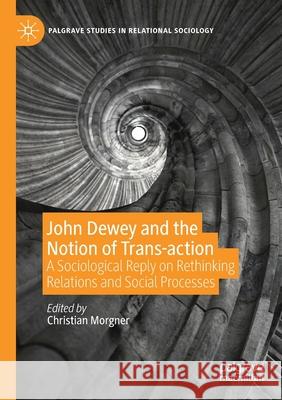John Dewey and the Notion of Trans-Action: A Sociological Reply on Rethinking Relations and Social Processes » książka
topmenu
John Dewey and the Notion of Trans-Action: A Sociological Reply on Rethinking Relations and Social Processes
ISBN-13: 9783030263829 / Angielski / Miękka / 2020 / 291 str.
John Dewey and the Notion of Trans-Action: A Sociological Reply on Rethinking Relations and Social Processes
ISBN-13: 9783030263829 / Angielski / Miękka / 2020 / 291 str.
cena 442,79
(netto: 421,70 VAT: 5%)
Najniższa cena z 30 dni: 424,07
(netto: 421,70 VAT: 5%)
Najniższa cena z 30 dni: 424,07
Termin realizacji zamówienia:
ok. 22 dni roboczych.
ok. 22 dni roboczych.
Darmowa dostawa!
Kategorie:
Kategorie BISAC:
Wydawca:
Palgrave MacMillan
Seria wydawnicza:
Język:
Angielski
ISBN-13:
9783030263829
Rok wydania:
2020
Wydanie:
2020
Numer serii:
000811164
Ilość stron:
291
Waga:
0.36 kg
Wymiary:
21.01 x 14.81 x 1.63
Oprawa:
Miękka
Wolumenów:
01
Dodatkowe informacje:
Wydanie ilustrowane











